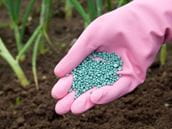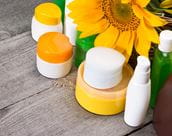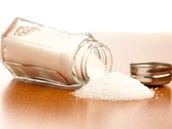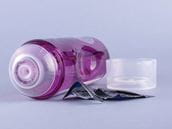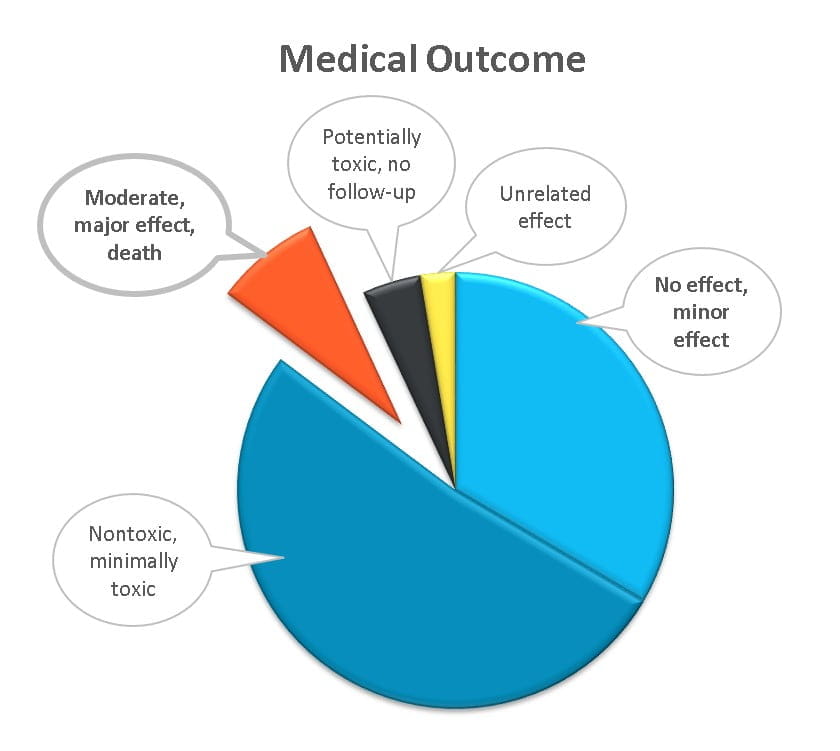
Are Itch Mite Bites Dangerous?
Itch mite bites can cause intense itching and skin redness that can last for weeks. Because the mites are very small, most people do not remember being bitten. Over-the-counter products, including topical steroids and oral antihistamines, can be used to treat the itching caused by these bites.




